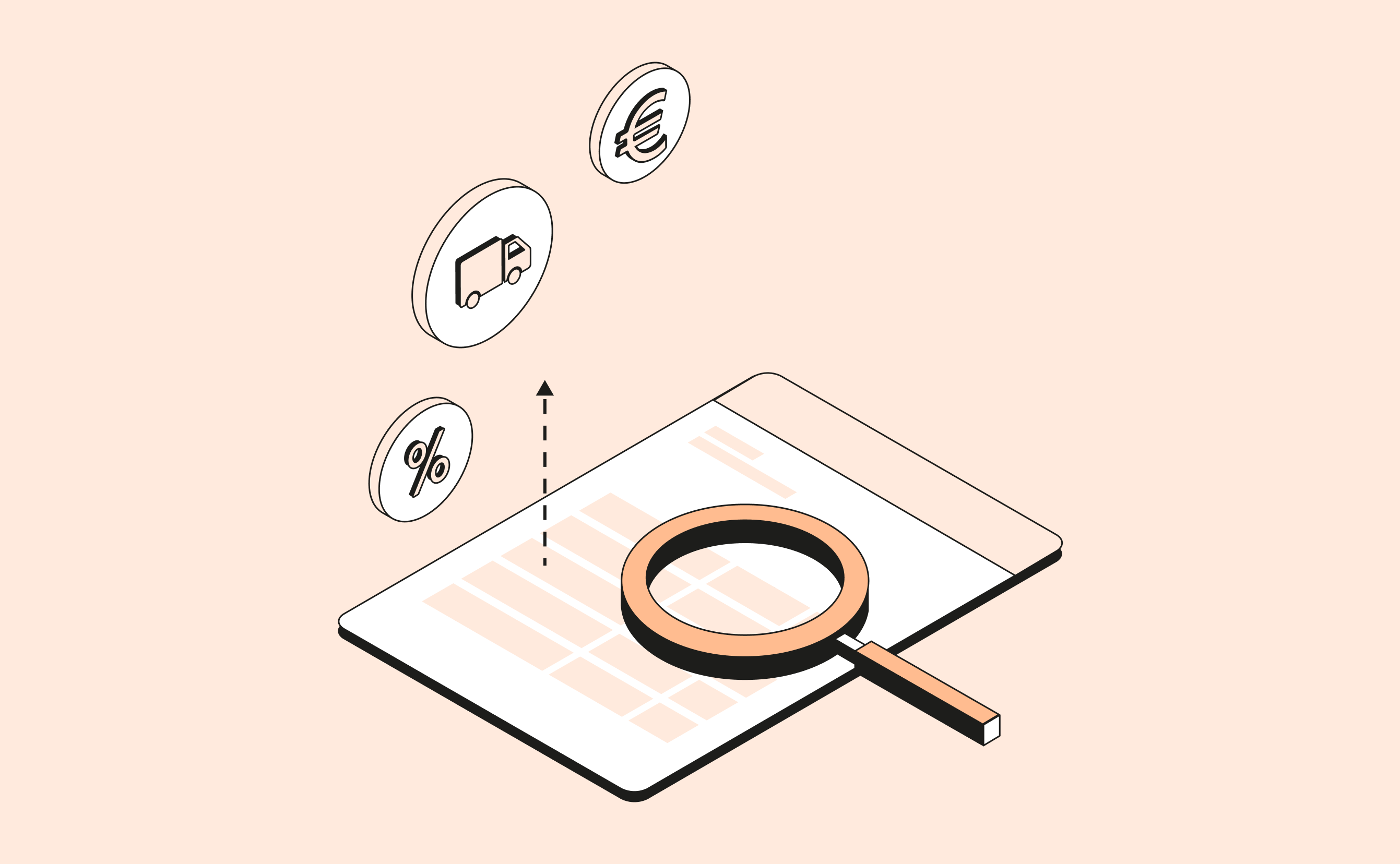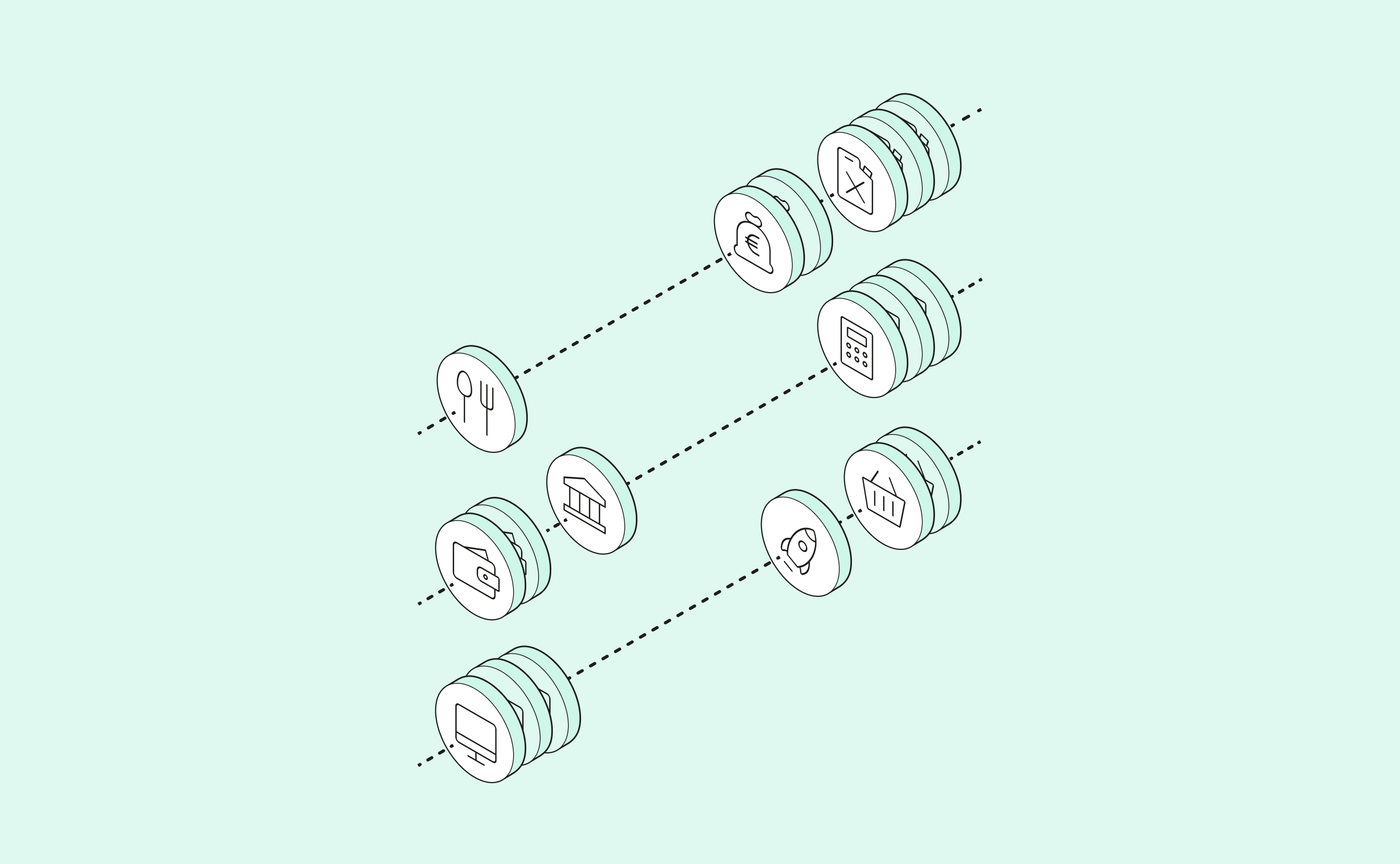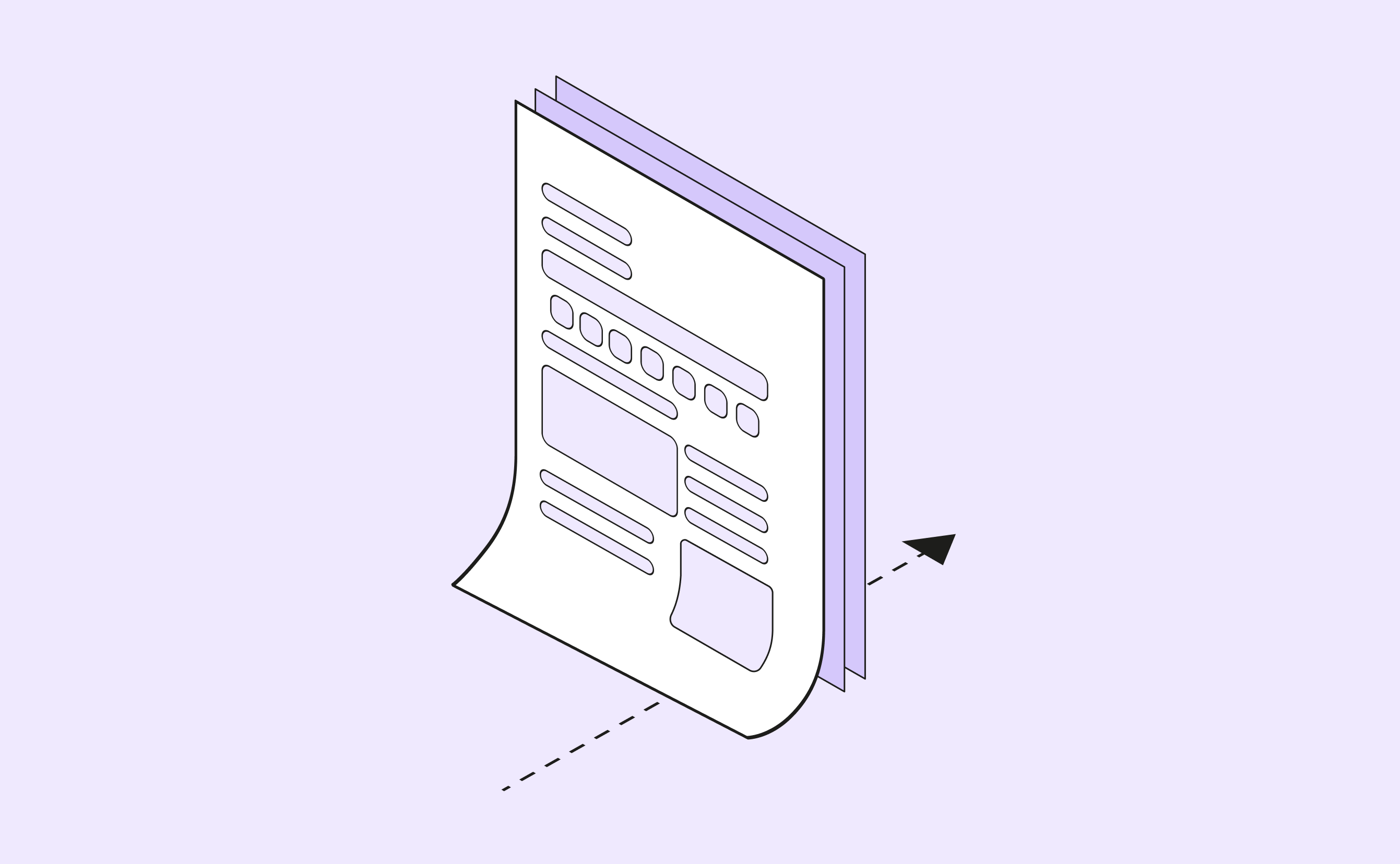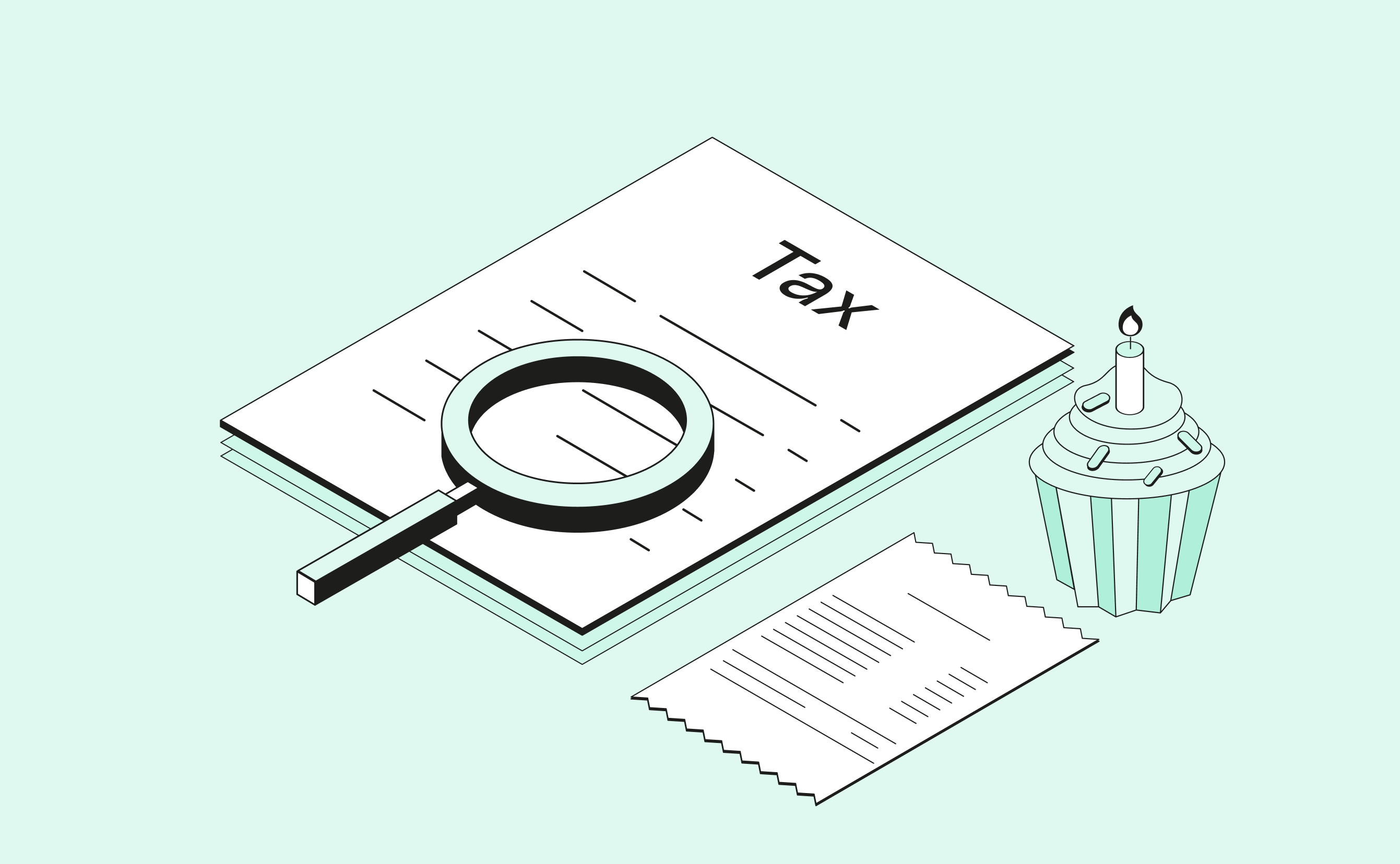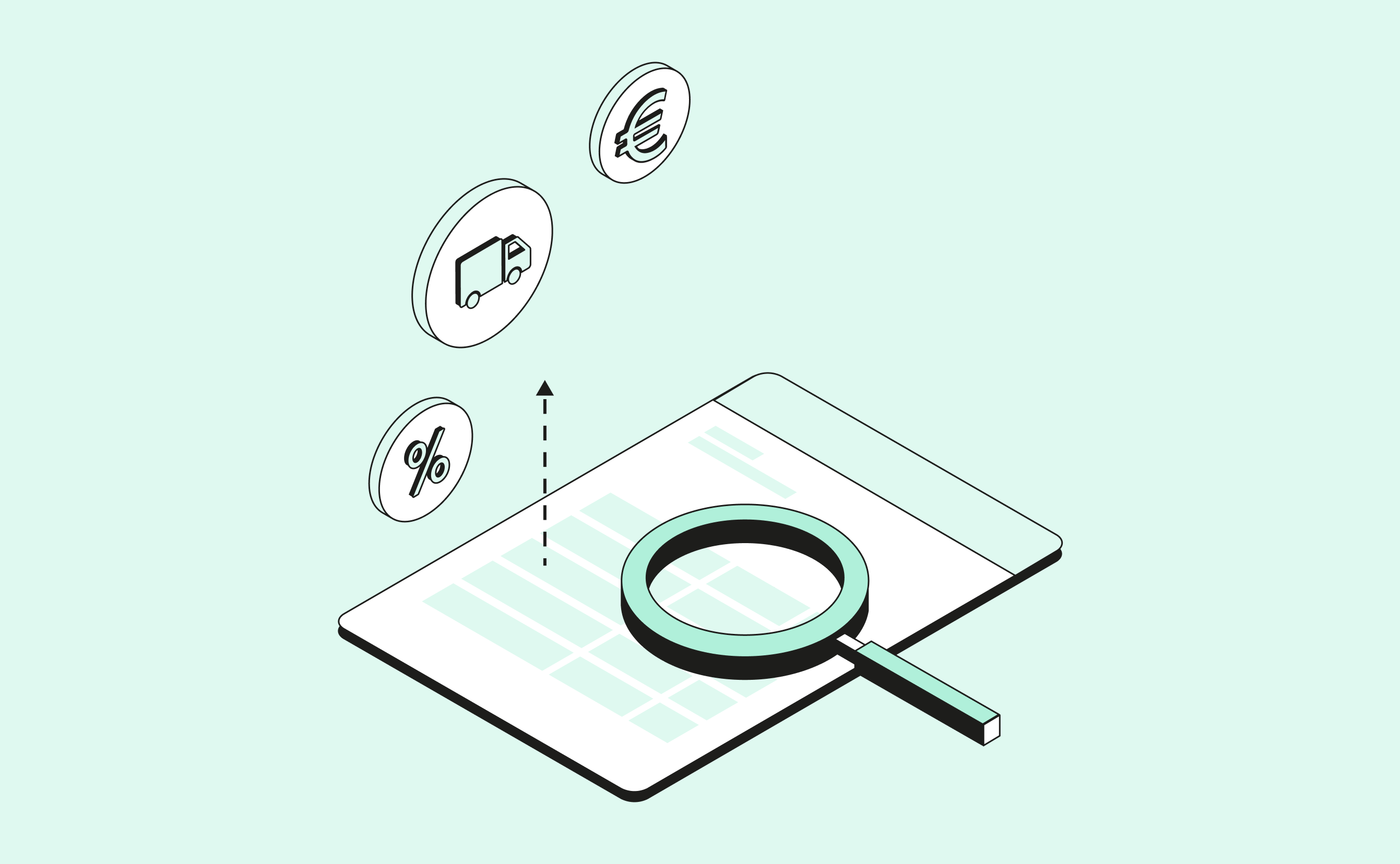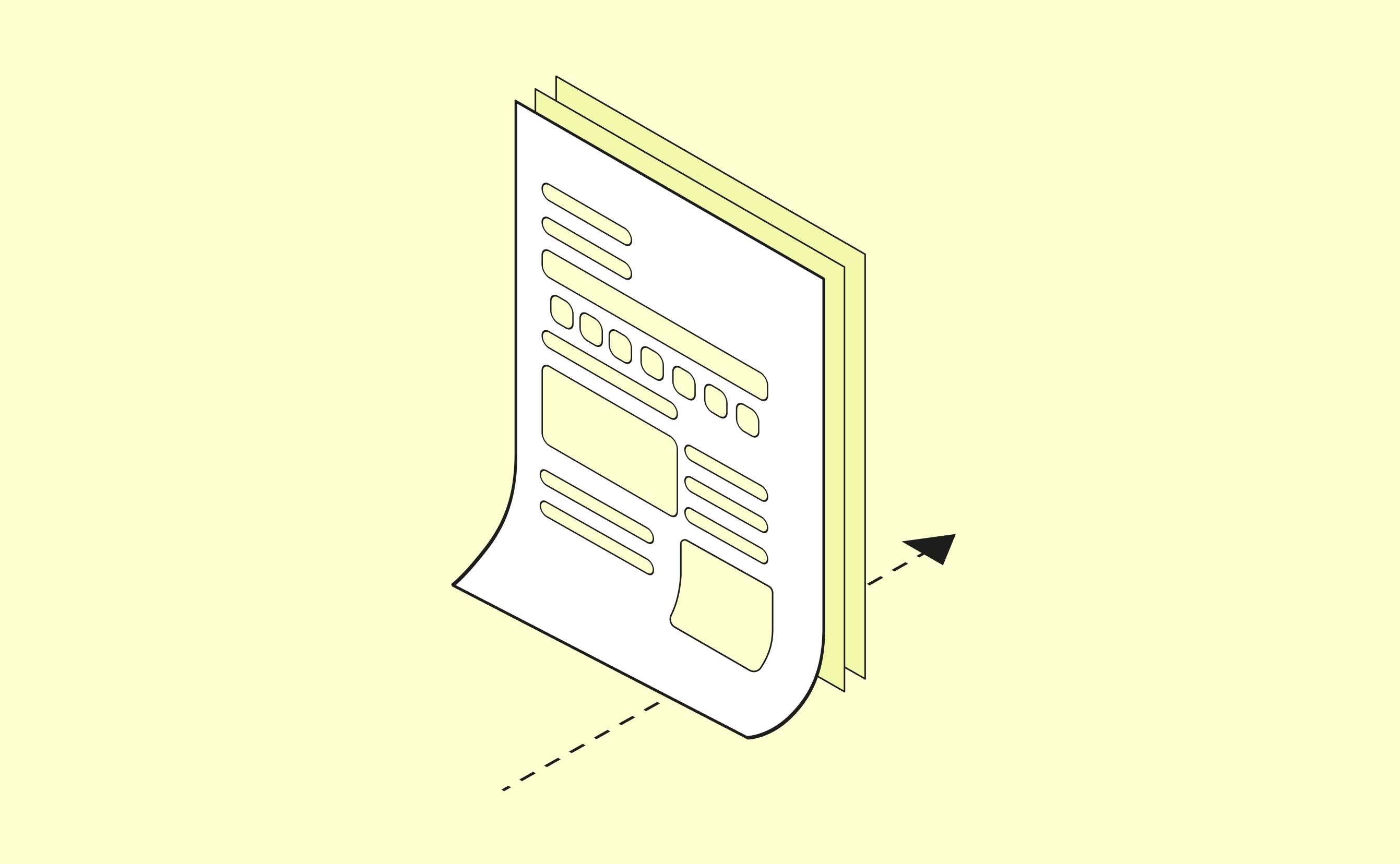Daunting as it may be, most of us living in Germany will have to submit our tax declaration (Steuererklärung). Responses to this obligation range from finding it an annoying chore, to being baffled into a panic over all the terms and requirements. And while submitting a tax declaration isn’t necessary for everyone in Germany, in many cases it’s beneficial to do so.
How to submit a tax return in Germany
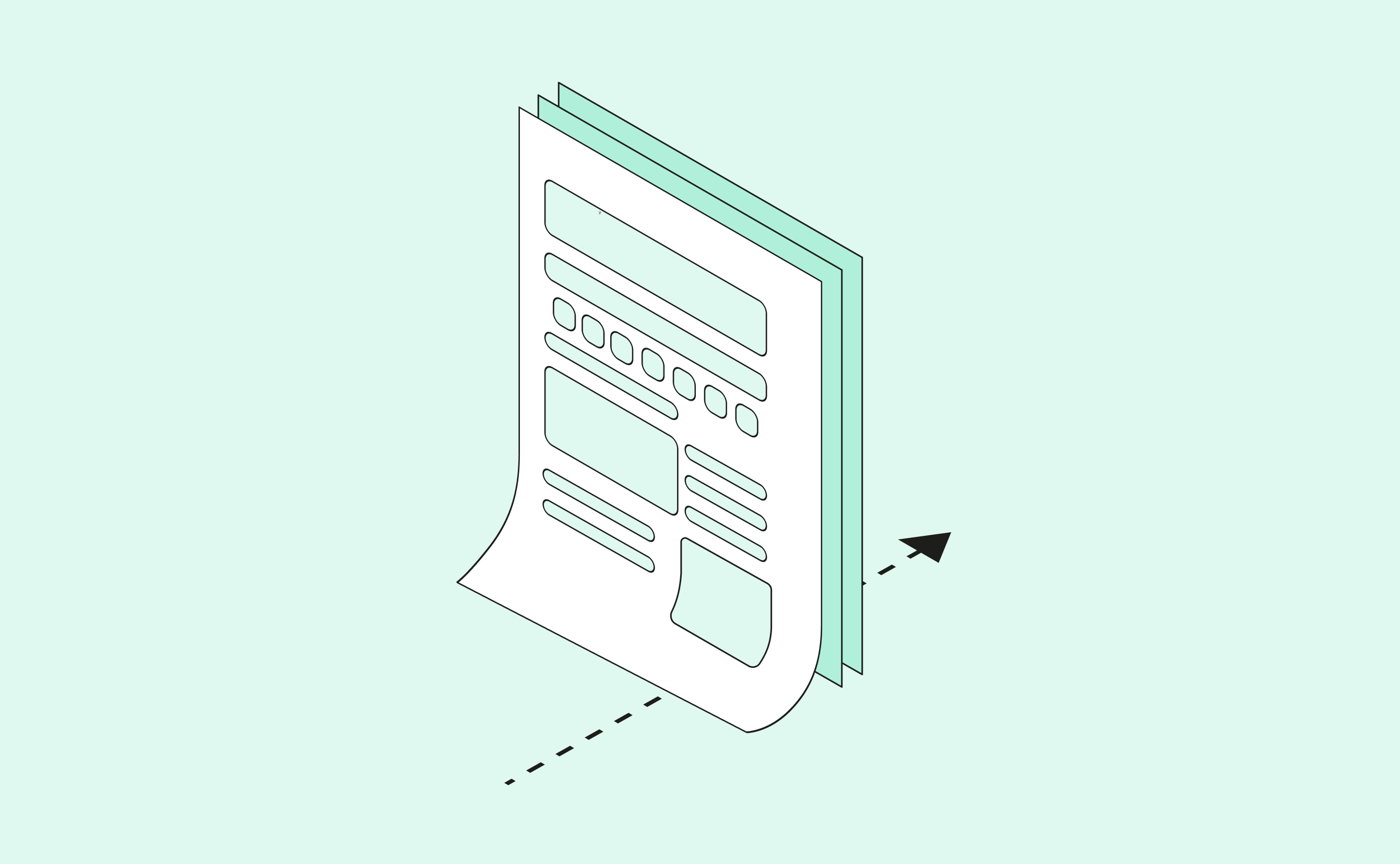

Who needs to submit a tax return in Germany?
Employees with a single income in Germany are not obligated to declare tax. If you’re self-employed or have any undeclared side earnings, then you will be required to declare your income and submit an annual tax declaration.
Tax declaration for employees
Even if you don’t fit into the self-employed/side hustle bracket, submitting your tax declaration could still benefit you. As an employee your taxes are deducted automatically from your salary.
These include:
- Only having worked part of the year
- Your daily commute
- Having an additional property for proximity to work, which may mean you’re liable to claim on rent or mortgage costs
- Taking a course for your professional development
If any of these relate to your situation, you may still not be required to submit a tax return, but doing so could benefit you.
Tax return for freelancers and the self-employed
The requirement to do your taxes as a freelancer or self-employed person in Germany depends on your annual income. These are the gross annual incomes which, if exceeded, will mean you are obligated to declare each year:
Freelancer
Freelancer
- Freelancer Income – Anlage S
- Revenue Statement – Anlage EUR. Only if your yearly profit is greater than €17,500.
Self-employed
Self-employed
- Self-employed Income – Anlage G
- Revenue Statement – Anlage EUR. Only if your yearly profit is greater than €17,500.
Tax classes in Germany
What you’ll need for your tax return in Germany
The complexity of your tax return will depend on whether you’re an employee or you run your own business. Taxation is much more complex for the self-employed. There are a few essentials however which everyone will need before they are able to apply for a tax return.
Tax number (Steuernummer)
This number is issued when submitting a tax return for the first time if you don’t already have one. You can also apply for one at the your local tax office (Finanzamt) when you register your business.
Tax identification number (Steuer-Identifikationsnummer)
You are required to have a tax identification number to work in Germany. You will be issued to you when you register at the local registration office (Bürgeramt). Alternatively, you can apply for one at your local Finanzamt.
German taxation portal (ELSTER)
Submit your tax declaration using ELSTER, the online tax portal. You will need to register for ELSTER, so make sure you do this in good time. It will take a few days to receive the access code from ELSTER by post, which you need to complete the registration.
Preparatory accounting and taxes can be a headache. Fortunately, Qonto offers a suitable solution.
Deducting taxes in Germany
The complexity of your tax return will depend on what kinds of deductions you have. As a full-time employee, your deductions are not likely to be complicated because your employer will take care of the majority of your resources and handle your deductions for you.
Work-Related Expenses (Werbungskosten)
Deductions under this expenses category include anything that you use or require which is directly related to your job. For instance:
- Your commute to work
- Electronic equipment which you need for work
- Your home office
- Costs of relocation due to work
- Paying for two households due to location of work
- Business travel expenses
- Work-related training courses
Special Expenses (Sonderausgaben)
Expenses in this category are not strictly work-related. They are more personal in nature and it is important to know which of them is taxable:
- Donations to charity or political organisations in Germany
- Payments to a private pension fund
- Contributions to social security
- Church tax
Exceptional Expenses (Außergewöhnliche Belastungen)
Exceptional expenses are more urgent and necessary than special expenses. Under this category fall things which your health and family are directly related to:
- Medical costs (for mobility, eyesight, etc.)
- Alternative medicines (Homeopathy, etc.)
- Fertilisation
- Family support (payments to parents/siblings)
Tax return deadline in Germany
Declare your taxes by 31 July. Using a Steuerberater will allow you an extra three months, extending the deadline to September 30.
What happens when your tax return is late?
There are consequences to filing your tax return late. You can request an extension at the Finanzamt, however if you do not do this or are not granted an extension, you will be required to pay the lateness penalty fee (Verspätungszuschlag). These fees amount to 0.25% of your tax due and a minimum of €25 per month. Depending on your liability or the level of lateness, a maximum fee of 10% or €25,000 can be issued.
Getting help with your tax return
There’s no shame in seeking some help to do your tax return correctly. It’s a complicated and stress-making procedure, especially for non-German speakers living in Germany. Fortunately, there are some resources available, both for German and non-German speakers:
Software
For a nominal fee (around €30) you can pay for an online service that will simplify your tax return into a kind of questionnaire, often in English if you wish. The following tax return software will calculate any tax return that exceeds €1,000:
- SteuerGo
- Taxfix
- smartsteuer
- Zasta
- Taxando
These software are mostly recommended for full-time employees. Specifically, if your tax return is not particularly complicated. Because these services simplify your tax situation to make it easier to complete, you might be missing certain intricacies required for you to claim more on your tax return.
Tax consultant
Look into hiring a Steuerberater (tax advisor) to assist you with a more complex tax return, if you are self-employed full time for example. It will be more expensive, but if you can increase the amount of your tax return it could be well worth it.
Lohnsteuerhilfeverein
You might have a local tax advice association (Lohnsteuerverein) who can help you on your specific tax situation. Paying an annual membership fee will give you access retired tax advisors and accountants. For this you will need to speak German and they do not offer advice to freelancers or the self-employed.
Helpful resources
If you’re still undecided about how to proceed, there are informational resources free of charge which you can seek out. The majority of the time you will have to speak German, so consider bringing along German-speaking friend or professional translator if you want to look into these.
Federal Central Tax Office
The Bundeszentralamt für Steuern (BZst) is the main organisation dealing with taxes in Germany. They deal with issues of national tax, including the issuing of tax IDs, VAT numbers for entrepreneurs, issues of tax fraud, among other things. Consult the BZst if you have any queries on these.
Your local tax office (German only)
Your local Finanzamt deals with issues related to your municipality. You will need to go here to register as a freelancer, and you can also consult them on matters like the motor vehicle tax, property taxes when considering purchasing a property, taxes for your dog, among other things.
Doing your taxes isn’t fun. It’s an unfortunate part of life that we all have to deal with. But just because you won’t enjoy it, doesn’t mean you can’t benefit from it. Choosing the right career for yourself and filling out your tax return accordingly is likely to make your working life a lot easier and you will see more enjoyment in your personal life because of it. Do your research and don’t be afraid to seek help when you need it.
- Tax declaration is voluntary if you are a full-time employee with no side income, but may be beneficial
- You will need a tax number, tax identification number, and access to Germany’s online taxation portal to complete your tax return
- There are three different types of expenses you can claim for
- There are many resources to help you file your tax return, both online and offline
